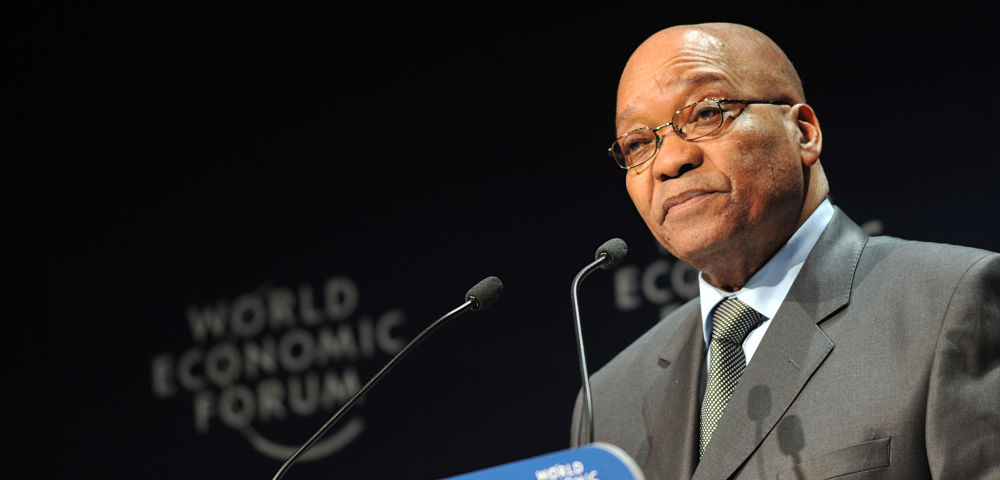Could Zuma’s Departure Stimulate Economic Recovery in South Africa?

South Africa has had a turbulent few months, most recently with the departure of the president, Jacob Zuma. During his 9 years in power, Zuma has overseen a tumultuous economic period, and many blame him for the dire straits which the country now finds itself in financially.
Having stepped down after facing strong allegations of corruption, he has now been replaced by Cyril Ramaphosa, a welcome change for many. Here is a look at how the economic fortunes of South Africa’s could now change.
Investor Confidence
With Zuma gone, foreign investors may now feel far more comfortable and confident investing in South Africa, not least because there is a good chance corruption will be stamped out of the political system. Scandals and allegations can have an incredibly damaging effect on investor confidence, given that they delegitimise the government as well as the entire economic system as a result.
Business confidence has been in steady decline throughout Zuma’s time in power, standing at just 34 points in January (it even reached as low as 29 in Q2 of 2017). With big changes on the horizon, businesses and investors may once again have confidence in the South African economy.
The Rand
For those who plan to learn trading forex, the current situation in South Africa is a prime example of how a currency can react to political events. The rand saw a surge in value as Ramaphosa won the ANC vote, which could foreshadow a strong economic performance in the long term with the new president at the helm.
Much of the rand’s future fortunes will depend on how economic policy is shaped in the coming years, and how effective the government is at tackling key issues like unemployment and corruption. With the Rand experiencing an unfavourable period under Zuma, the country’s goods will be very competitively priced for buyers overseas. Because of these factors, a surge in South Africa’s major exports could be expected. It could well prove to be a volatile time for the currency given the current uncertainty surrounding South Africa’s future, but it has certainly had a promising start with the Ramaphosa rally.
Credit Rating
The downgrading of South Africa’s credit rating to junk status by S&P Global last year made a significant dent in its future prospects for investment, but was a representation of the state of the country’s economy nearly a year ago. Ramaphosa was critical of Zuma’s decision to sack finance minister Mr Ghordan (who had a reputation for financial prudence) at the time, perhaps suggesting that he himself will be a more financially prudent president.
Although nothing is certain yet, a credit upgrade certainly seems likely if Ramaphosa delivers on his promises. For this to happen, South African businesses will have to regain confidence and begin to make positive investment decisions, which may well require support from the government.
Unemployment and Debt
One of the most significant problems to have faced South Africa in recent years has been unemployment, which has been incredibly high. Debt levels are also high amongst the general population, meaning that the government has a tough task ahead of them. To get the economy shipshape again, these problems will need to be a priority, although some would argue that it will take years to fully fix them.
That being said, South Africa certainly has a lot of potential as the most industrialised African country, and one rich in resources. With Ramaphosa being known for his business friendly outlook, there could well be opportunities created in the near future for businesses of all kinds, including startups. If this does happen, then jobs may start appearing in a variety of sectors, helping bring unemployment down and to stimulate growth.
Ultimately, Zuma’s departure will be seen as a significant step forward by those in South Africa who are tired of the failing economy and political scandals. Although much work is needed to be done to get the economy back on track, the new president seems like a strong candidate to implement the necessary changes. With the elections coming up in 2019, the next few years will be crucial in determining South Africa’s economic fate.



